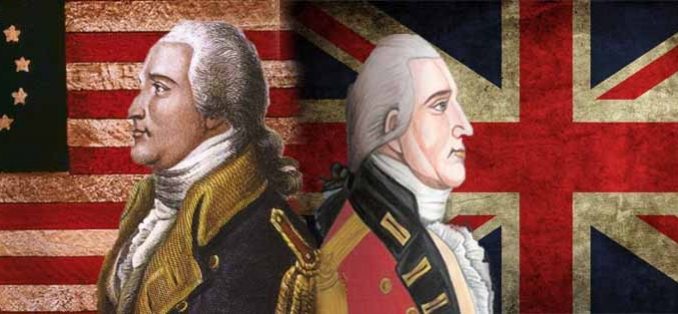
On This Day, June 1st 1779, the court-martial of Benedict Arnold convenes in Philadelphia, Pennsylvania. After a relatively clean record in the early days of the American Revolution, Arnold was charged with 13 counts of misbehavior, including misusing government wagons and illegally buying and selling goods. Although his notorious betrayal was still many months away, Arnold’s resentment over this order and the perceived mistreatment by the American Army would fuel his traitorous decision.
Abruptly interrupted at its outset by a British attack north of New York City, the court-martial did not get underway again until December 23 in Morristown, New Jersey. Although Arnold was cleared of most charges, General George Washington issued a reprimand against him, and Arnold became increasingly angered.
While on a trip to the important West Point base to make sure that it could withstand a British attack, Arnold stewed over his slight by Washington and the Americans. He thought that he had never been properly rewarded or acknowledged for his military success on their behalf. He began corresponding with British spies about the possibility of changing sides. Arnold negotiated his defection to the British and the subversion of West Point over several months. The British already held control of New York City and believed that by taking West Point they could effectively cut off the American’s New England forces from the rest of the fledgling nation.
In August 1780, Sir Henry Clinton offered Arnold £20,000 for delivering West Point and 3,000 troops. Arnold told General Washington that West Point was adequately prepared for an attack even though he was busy making sure that that it really wasn’t. He even tried to set up General Washington’s capture as a bonus. His plan might have been successful but his message was delivered too late and Washington escaped. The West Point surrender was also foiled when an American colonel ignored Arnold’s order not to fire on an approaching British ship.
Arnold’s defection was revealed to the Americans when British officer John André, acting as a messenger, was robbed by AWOL Americans working as pirates in the woods north of New York City. The notes revealing Arnold’s traitorous agreement were stashed in his boots. Arnold and his wife Peggy, who fooled American officers into believing she had no involvement in the betrayal, escaped to New York City.
At the British surrender at Yorktown, Benedict Arnold was burned in effigy and his name has since become synonymous with traitor. The British didn’t treat him very well after the war either. After prevailing in a libel action, he was awarded only a nominal amount because his reputation was already so tarnished. He died in 1801 and was buried in England without military honors.


Be the first to comment